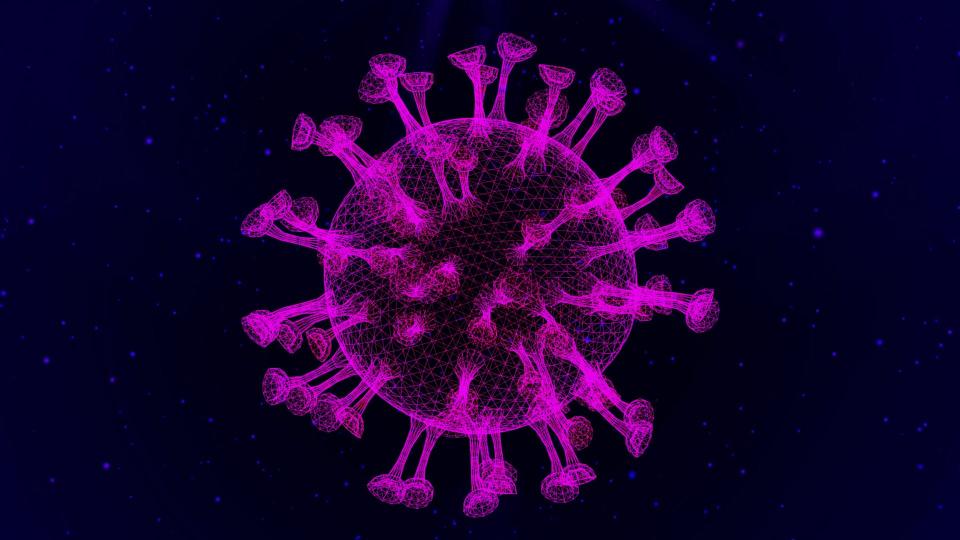Why are people suddenly getting COVID-19 this summer? Insight into the uptick.
Just as summer gatherings begin, Americans are also catching COVID-19 again.
Cases predictably rose, in upticks, during the winter with more people indoors. They are also increasing as experts expected at the start of summer. Centers for Disease Control and Prevention data shows small jumps in hospitalizations and deaths and slight increases in new cases. This latest rise in cases shows how the virus has persisted four years since the start of the COVID-19 pandemic.
“When you begin to see a pattern, you then might say it’s becoming endemic,” Dr. Jessica Justman, a professor of epidemiology and medicine at Columbia University, told USA TODAY. “When something is endemic, that does not mean it’s going away. That means it’s staying around.”
Another common endemic disease Americans have learned to prevent routinely is seasonal flu.
SARS-CoV-2, like any virus, is constantly mutating so it can infect more people and survive. New variants and sub-variants expand outward like branches from trees, each with different mutations seeking to adapt. As the changes happen, health experts and officials have responded with vaccines and other protections to reduce the risk of serious illness or overwhelmed health systems.
COVID-19: New vaccine for fall should target JN.1 lineage, not variant, FDA panel

COVID-19 increases
The upticks from the latest sub-variants are nowhere near levels the U.S. experienced in 2020, or when the omicron variant began to drive cases and deaths across the globe in 2021. Hospitalizations and emergency room visits are far less frequent this season than in December. Deaths have not reached the levels of this winter when more than 2,000 people died from COVID-19 each week in January. In the latest CDC estimates as of June 15, fewer than 150 people died of COVID-19.
Cases are driven by consistent upticks in a collection of sub-variants known as FLiRT, named for the mutations’ technical names. FLiRT derives from the JN.1 variant, descended from omicron, which dominated cases until the spring, according to the CDC’s Nowcast loose estimates of circulating variants. Now, FLiRT increasingly causes cases in the U.S. The largest is the KP.3 sub-variant which accounts for about a third of cases, followed by KP.2, and KP.1.1, CDC data showed. LB.1, derived from JN.1, also accounts for a substantial portion of estimated circulating variants.
Bird flu: CDC unveils dashboard to track bird flu as virus spreads among dairy farms
The western U.S. and Hawaii have experienced increases in recent weeks, CDC data showed. However, wastewater samples – a surveillance tool to detect COVID-19’s spread – across the U.S. appear to show increases in the virus’ spread.
Michael Osterholm, director of the University of Minnesota’s Center for Infectious Disease Research and Policy, said a portion of the new cases involve the FLIRT variant, however, he noted that the U.S. lacks good surveillance this late in the pandemic.
“It’s fair to say that there is an increase,” he said. “What we don’t know yet is how much it’s going to be.”
Is FLiRT more transmissible?
FLiRT may be more transmissible, partially because of mutations that make it easier to shield the virus from antibodies, according to Andy Pekosz, a professor of molecular biology and immunology at Johns Hopkins Bloomberg School of Public Health, in a Q&A in May. But it doesn’t seem to cause more severe illness or present different symptoms.
Vaccines provide protection against COVID-19, though they may wane over time. The last vaccine in late 2023 targeted the XBB.1.5 variant. In February, the CDC updated its guidance for people 65 and older to get a booster of the current vaccine. In early June, a Food and Drug Administration advisory panel recommended vaccine makers to target the JN.1 lineage. A new round of vaccines is expected in the late summer or early fall.
People experiencing respiratory symptoms should reduce the spread of the virus by staying home. They should also contact health providers for treatment if they’re at serious risk of illness. Experts continue to recommend wearing a mask and distancing to reduce transmission of COVID-19.
This article originally appeared on USA TODAY: COVID-19 cases on the rise this summer with sub-variants